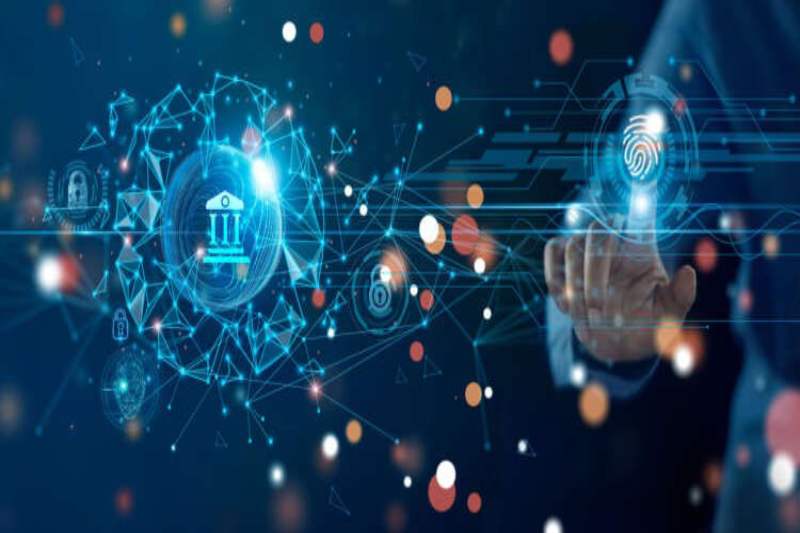
Five Cybersecurity Best Practices To Protect Financial Services
These are the top five cybersecurity guidelines to protect financial services from any hacks and assaults.
Ensuring strong cybersecurity measures is crucial in an era where financial transactions and services are increasingly dependent on digital platforms. With the growth of digital payment systems, online banking, and investing platforms, it is more important than ever to safeguard private financial data from online risks.
Cybersecurity safeguards must advance along with technology to prevent personal data from getting into the wrong hands. The surge in digitalization has led to a notable increase in cyberattacks and data breaches. Cybersecurity is critical in today’s finance world, since almost all information is available online. We engage in a variety of online activities across multiple websites, whether it be web browsing or sharing personal information.
We usually underestimate the significance of cybersecurity as we depend more and more on online platforms to exchange information and increase productivity. We run the danger of being the target of cyberattacks and data breaches as a result of this neglect. The following are some suggestions that you can use to protect financial services.
Make it necessary for users to verify their identity via several methods, like security tokens, biometrics, and passwords. This increases security and makes it more difficult for unauthorized users to access accounts.
Make sure that all software is up to date with the most recent security patches and upgrades, including operating systems, antivirus software, and firewalls. This aids in defense against known flaws and exploits.
Employees and users should receive thorough cybersecurity training that covers common dangers including malware, phishing assaults, and social engineering. Urge them to remain watchful and to report any questionable activities right away.
To avoid unwanted access in the event of a data breach, encrypt critical data while it’s in transit and at rest. Adopt robust encryption mechanisms for database administration, file storage, and communication.
Keep an eye out for indications of questionable behavior or illegal access by routinely monitoring network traffic and user activity. Use intrusion prevention systems (IPS) and intrusion detection systems (IDS) to quickly detect and address possible threats.
May is Small Business Month, a time to honor and recognize the achievements of the… Read More
Swiss International University (SIU) is on track to be one of the world's most respected… Read More
In a session that left students buzzing with fresh ideas and practical insights, Invertis University… Read More
At the 21st Shanghai International Automobile Industry Exhibition, which is surging with the wave of… Read More
Liverpool, UK—House of Spells and Comic Con Liverpool are once again collaborating to bring the… Read More
Introduction In India's booming EdTech space, there's one name that's making waves among Telugu students… Read More